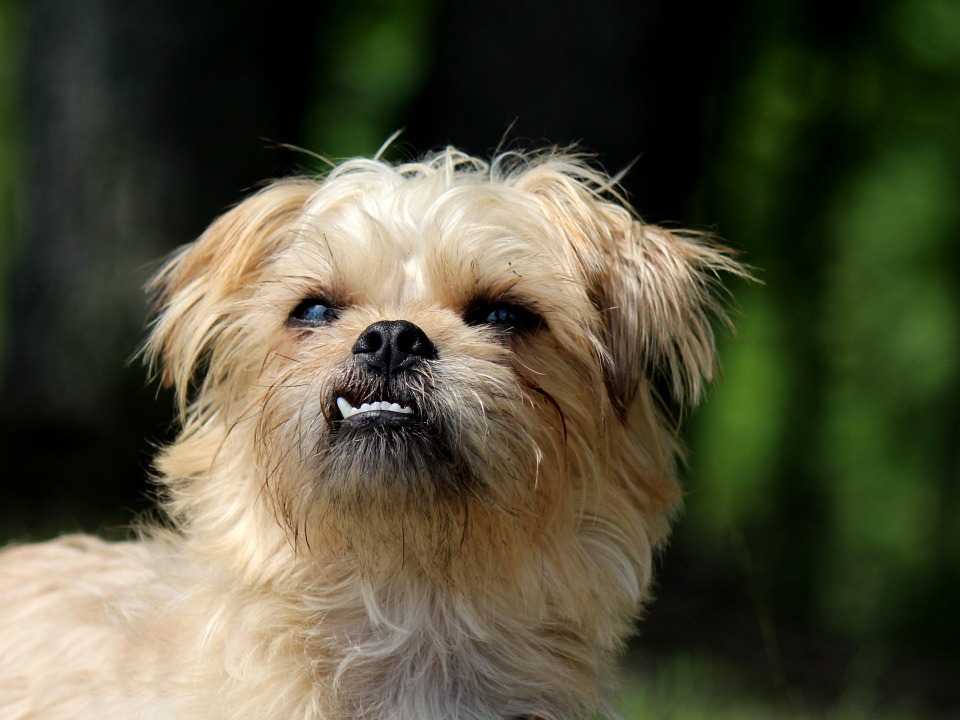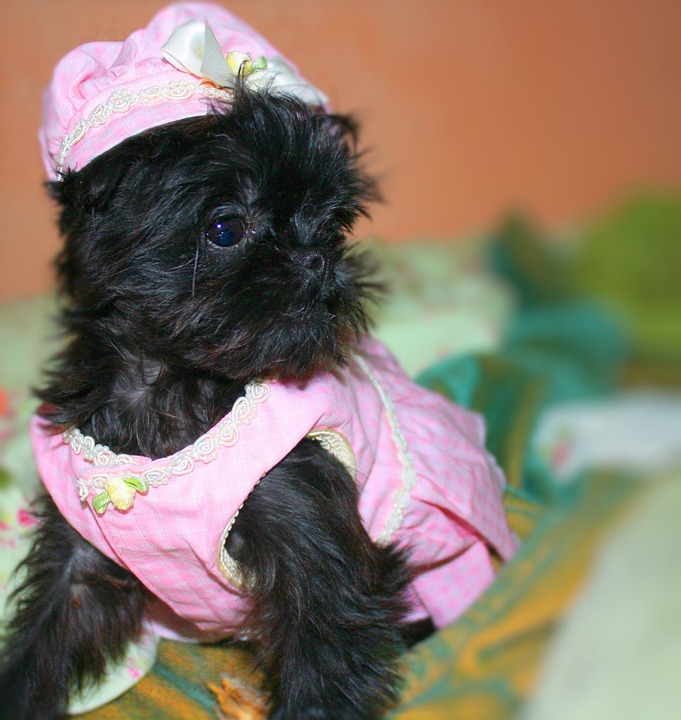
Brussels Griffon: Your new pet
The Brussels Griffon, originating from Belgium, is a small toy breed with a fascinating history dating back to the 1800s. They were developed to hunt and kill vermin in stables, but they soon became popular as charming companions for European nobility and were often seen accompanying their owners in carriages. Over time, the breed’s popularity spread beyond royalty, and today, Brussels Griffons are cherished for their affectionate nature and distinctive appearance.
Physical Characteristics:
Brussels Griffons are small dogs with a sturdy and compact build. They typically stand around 7 to 10 inches tall at the shoulder and weigh between 8 to 12 pounds. The breed is characterized by its distinctive expression, with a domed head, short muzzle, and large, expressive eyes. Brussels Griffons have a rough or smooth coat that comes in various colors, including red, black, and tan.
Health and Basic Care:

Brussels Griffons are generally healthy dogs with a lifespan of around 12 to 15 years. However, like all dog breeds, they may be prone to certain health issues such as respiratory problems, dental issues, luxating patella, and eye conditions like cataracts and progressive retinal atrophy (PRA). Regular veterinary check-ups, a balanced diet, dental care, exercise, and grooming are essential for maintaining their health and well-being.
Temperament and Personality:
Brussels Griffons are known for their affectionate, intelligent, and lively nature. They are social dogs that form strong bonds with their families and enjoy being part of the household. Brussels Griffons are often described as «velcro dogs» because they love to be close to their owners and thrive on companionship and attention. Despite their small size, they have a confident and spirited demeanor.
Training and Socialization:
Brussels Griffons are intelligent dogs that respond well to positive reinforcement training methods such as treats, praise, and rewards. Early socialization with people, other animals, and different environments is important to help them develop into well-mannered and well-adjusted dogs. Brussels Griffons enjoy learning new tricks and commands and can excel in obedience training.
Nutrition:
A balanced diet tailored to their size, age, and activity level is essential for Brussels Griffons’ health and well-being. Feeding them high-quality dog food formulated for small breeds will provide them with the nutrients they need to thrive. Portion control is important to prevent obesity, which can lead to health issues, and fresh water should always be available.
Suitable Environment:
Brussels Griffons are well-suited to various living situations, including apartments, houses, and urban environments. They are adaptable dogs that can thrive in both indoor and outdoor settings, but they prefer to be close to their families. Brussels Griffons enjoy daily walks, playtime, and mental stimulation, but they are also content to relax indoors with their loved ones.
Brussels Griffon Video
Frequently Asked Questions:
Are Brussels Griffons good family dogs?
- Yes, Brussels Griffons make excellent family dogs. They are affectionate, intelligent, and lively, making them great companions for individuals, couples, and families alike.
Do Brussels Griffons bark a lot?
- Brussels Griffons may bark occasionally, particularly when they are alert or excited, but they are not known as excessive barkers. Proper training and socialization can help manage their barking behavior.
Are Brussels Griffons high maintenance?
- Brussels Griffons may require regular grooming to maintain their coat and prevent mats and tangles. They also need regular veterinary care, dental care, exercise, and attention to their health and well-being.
Can Brussels Griffons be left alone?
- Brussels Griffons may be able to stay alone for short periods, but they prefer to be close to their families and may become anxious or bored if left alone for extended periods. They may benefit from having a companion or a pet sitter when left alone.
Do Brussels Griffons have separation anxiety?
- Like many toy breeds, Brussels Griffons may experience separation anxiety if left alone for extended periods. Early training, socialization, and providing them with mental stimulation can help alleviate separation anxiety and prevent destructive behaviors.
